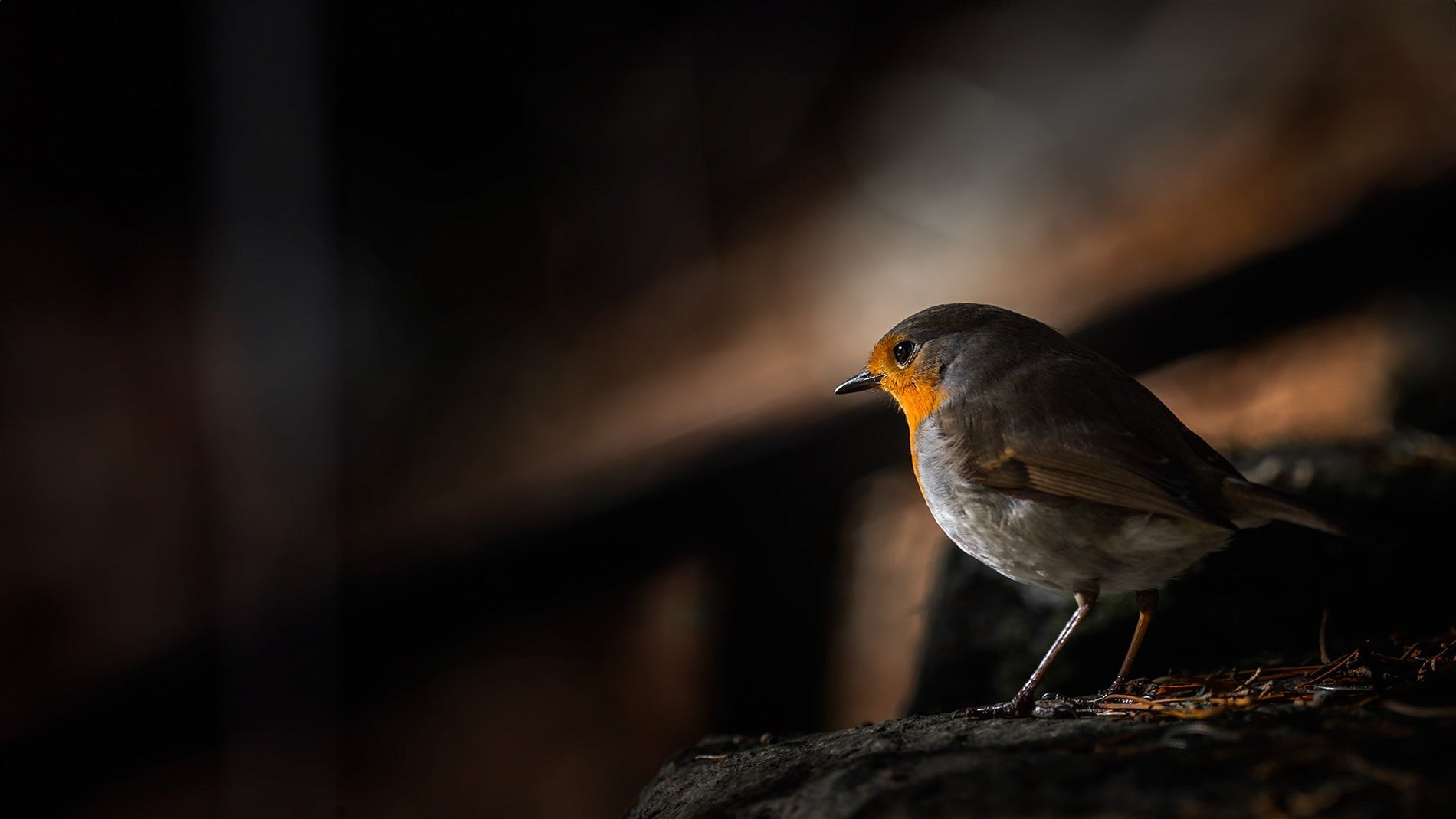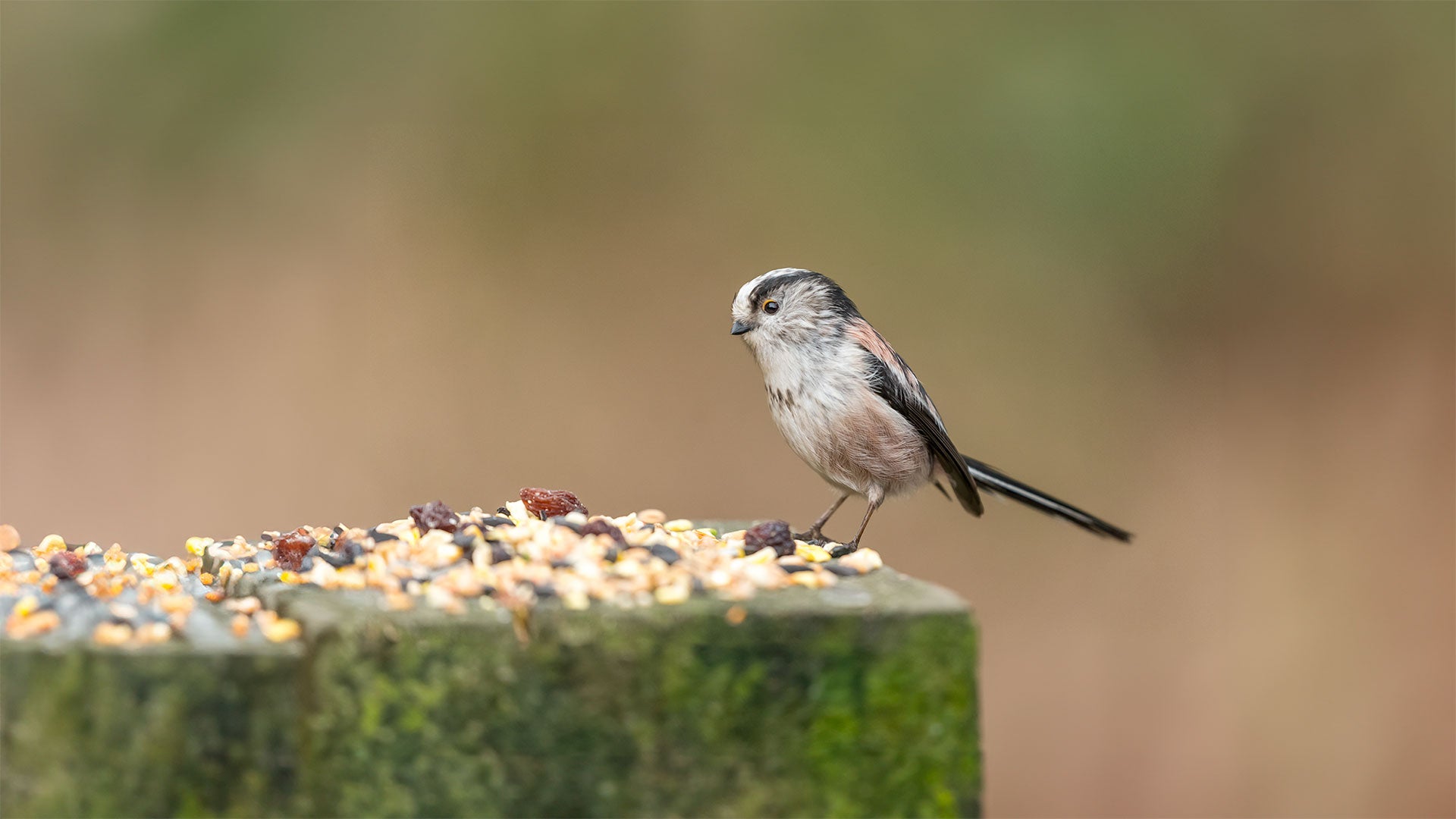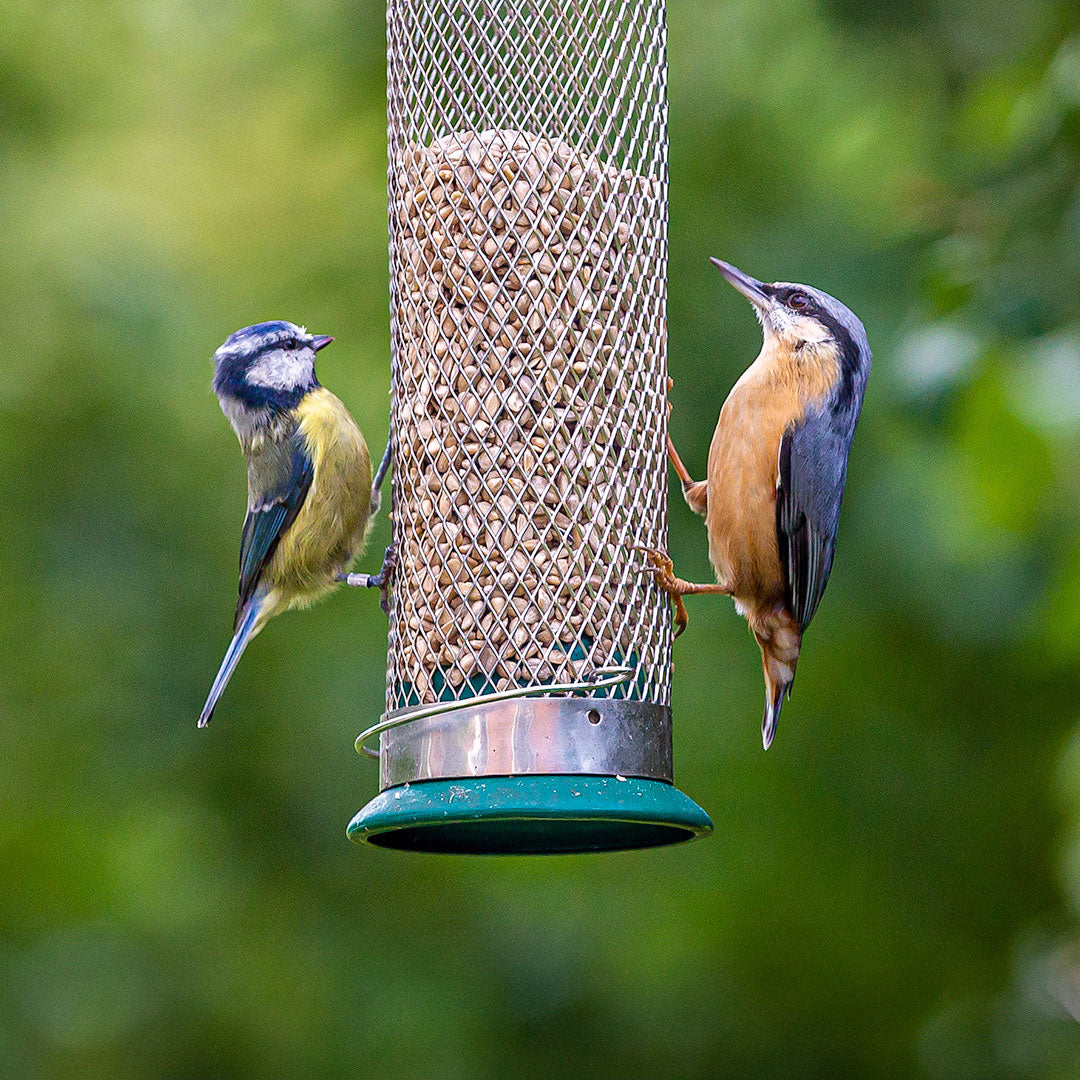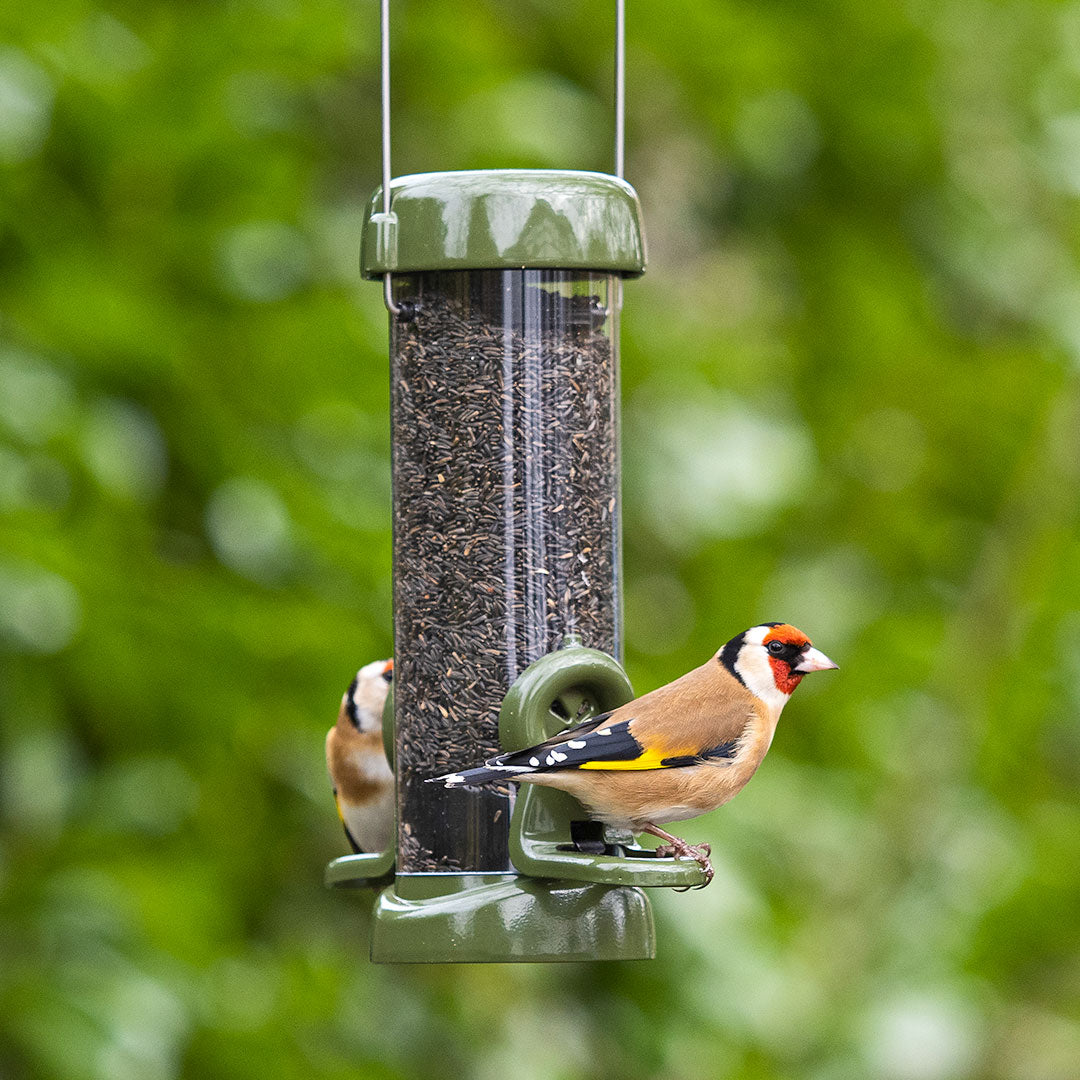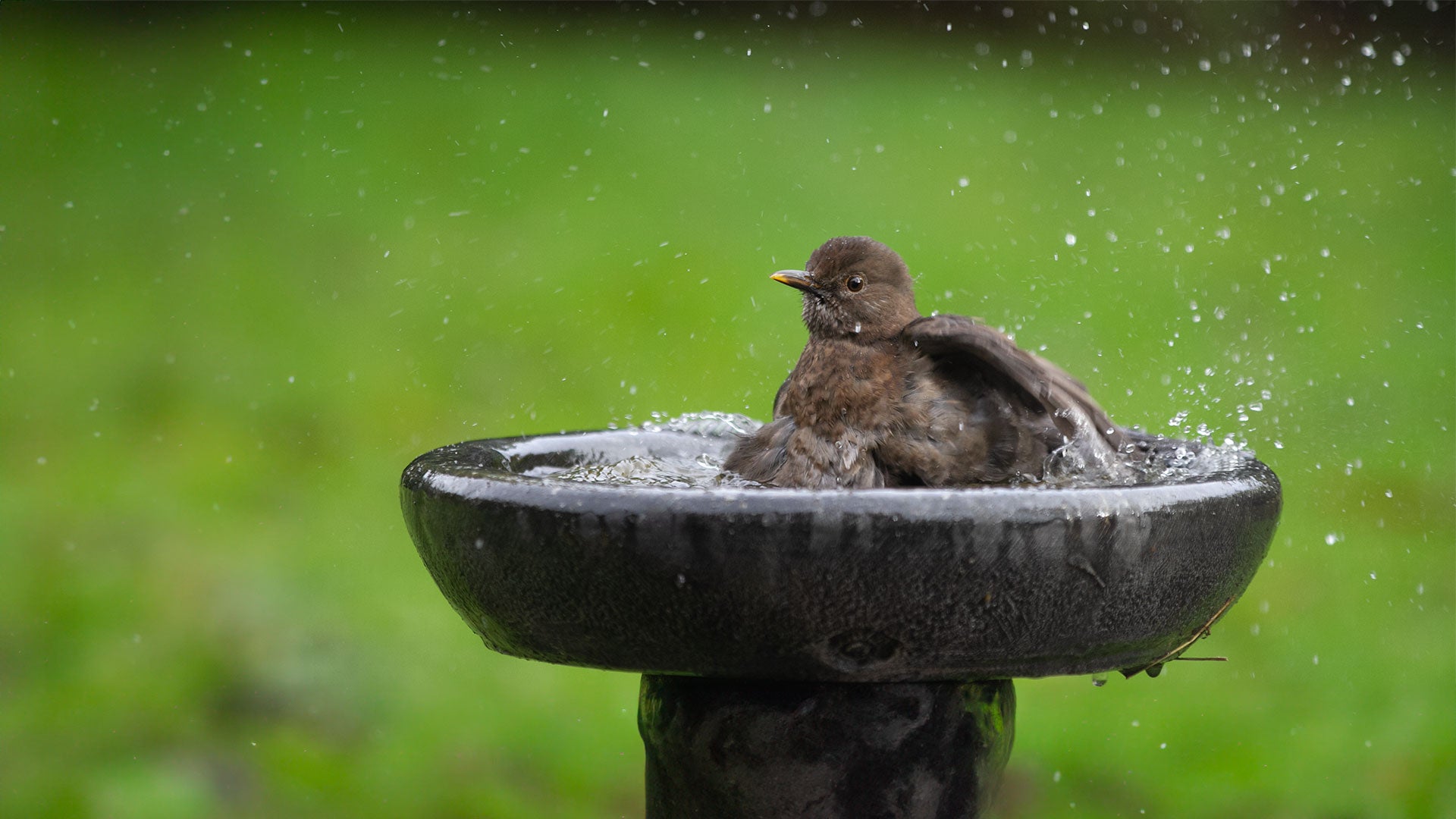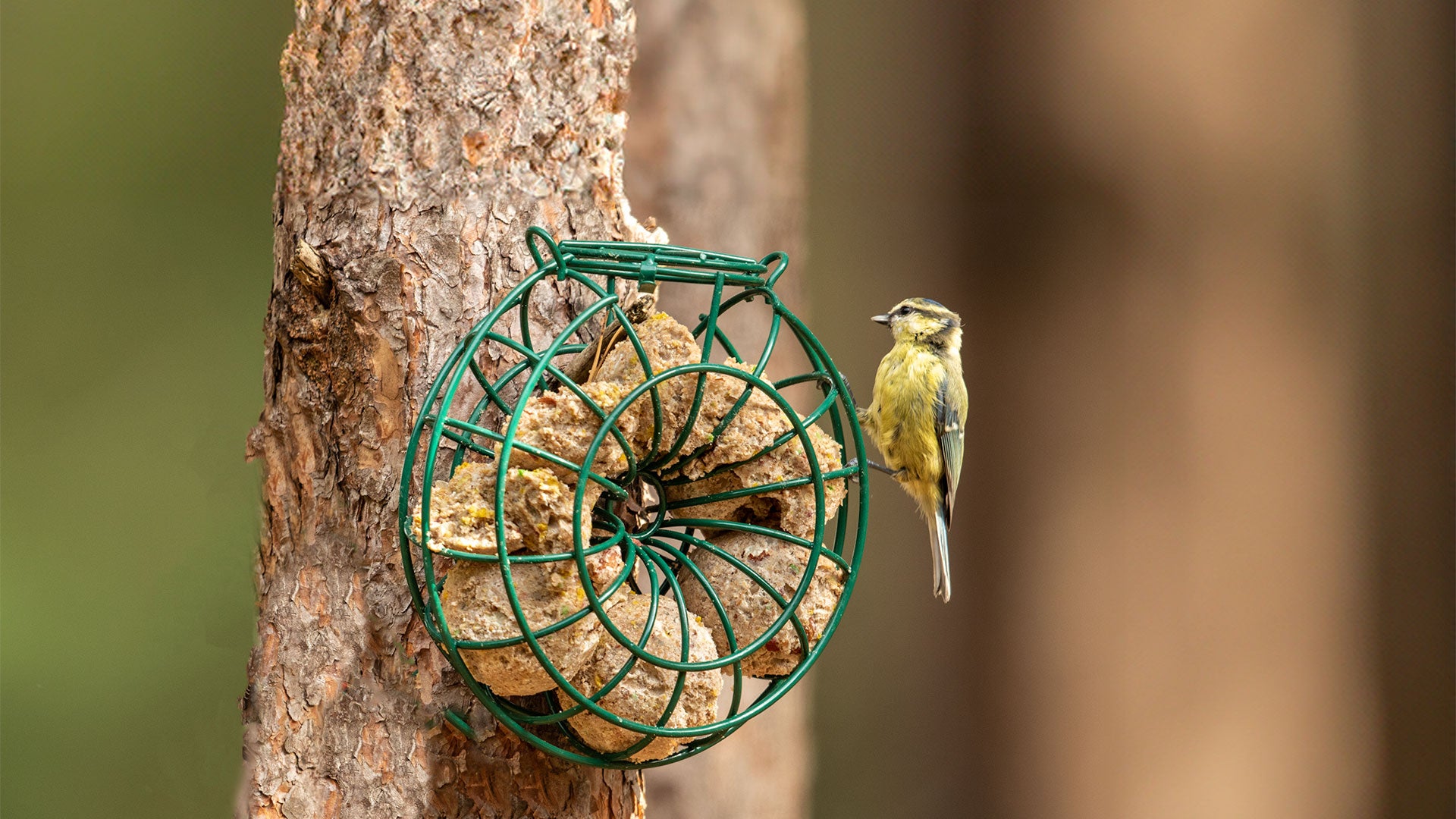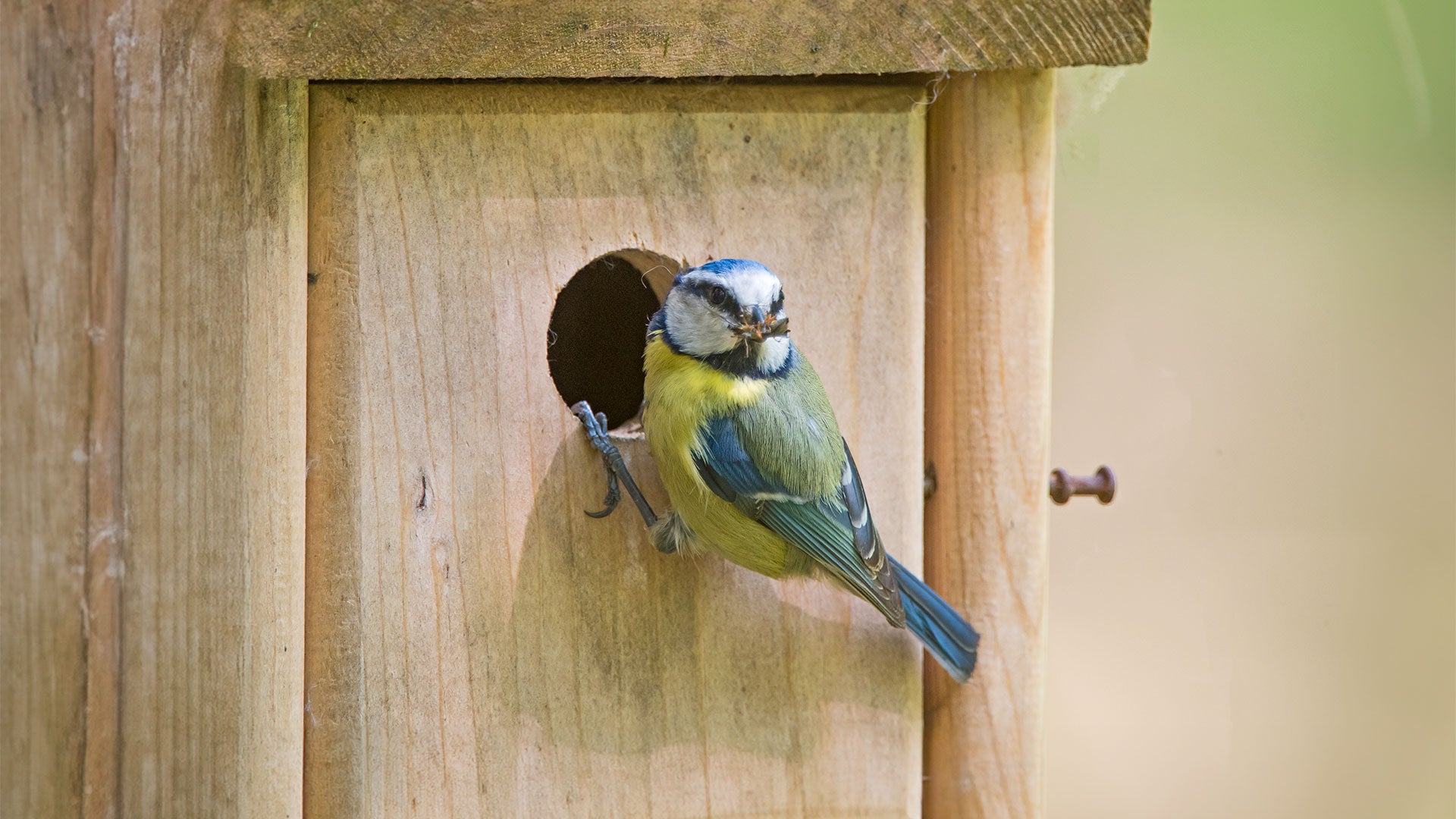Ever wondered where birds go when the sun dips below the horizon? From secret roosts to midnight flights, birds live a hidden life after dark that’s rarely seen but always happening. In this guide, we’ll explore what our feathered friends get up to at night, where they sleep, who’s flying, and why some still sing under the stars.
As dusk settles and the garden shifts from golden light to shadow, I often find myself pausing, tea in hand, wondering where my feathered neighbours have disappeared to. Only moments ago, the hedgerow was alive with chattering, fluttering birds, including the ‘chuk’ ‘chuk’ calls of a blackbird hidden deep in a shrub. But now, silence. Stillness. The last bird slips away, and the garden exhales into twilight. So, where do all our birds go at night?
It’s a question I’ve asked myself since childhood. I remember lying in bed with the window open on a summer’s night, listening to the hush of the countryside, occasionally interrupted by a sudden chirrup or a flutter of wings in the darkness. Back then, I imagined them all tucked up like me, little sleeping bags in trees, each with its own pillow and blanket of feathers. And in a way, I wasn’t far wrong.

Where Do Birds Sleep at Night?
Most of our familiar garden birds roost (meaning sleeping birds), in sheltered, safe places where they’re protected from predators, wind, and cold. Some tuck deep into thick hedges, ivy-clad walls, or conifers. Others nestle into the crooks of branches or in old nesting boxes that offer a snug retreat. Others, such as sparrows and starlings prefer to roost communally, huddling together for warmth and protection.
Birds are pragmatic creatures, choosing places that offer concealment and comfort, but their first priority is safety. Wrens, for example, may cram a dozen at a time into one nesting box on a freezing winter night. I’ve startled a blue tit sleeping in an upturned flowerpot in my shed, and blackbirds in my front porch. Anywhere dry, out of the wind and away from predators, is fair game for our birds seeking a restful nights kip.

Do Birds Fly at Night?
You might think all birds, like us, want to sleep when the sun dips, but that’s not entirely true. Some birds are crepuscular (most active at dawn and dusk), while others are true nocturnal flyers, such as owls.
In spring and autumn, the night sky is alive with migrating birds. Many species, like redwings, song thrushes, and even blackbirds, migrate under cover of darkness. Flying at night helps them avoid predators, conserve energy in cooler air, and navigate by the stars.
You’re unlikely to see them, but you might hear their soft contact calls, thin, high-pitched peeps in the dark as they pass overhead. They call to each other in the darkness to keep the flock together. It’s one of nature’s hidden spectacles. And yes, some of our resident birds, such as robins and tawny owls, are known to move around and vocalise at night too.
What Do Birds Do at Night?
For the majority of birds, night is rest time. Once settled in their chosen roost, they enter a state of light sleep. Birds don’t sleep as deeply as mammals and humans. Their sleep is more vigilant, with one eye often literally kept open. Some species can even sleep with half their brain awake, a behaviour known as unihemispheric slow wave sleep. This helps them stay alert to danger. Swifts are a good example, and they’ve taken it to the extreme by not even landing, instead remaining in the air all night, allowing half their brain to sleep alternately without loss of flight!
During cold nights, birds fluff up their feathers to trap warm air, reducing heat loss. Some tuck their beaks under their wings for warmth, and many perch with their feet locked automatically around branches or twigs to stop themselves falling.
Why Are Birds Chirping at Night?
It’s a curious thing to hear bird song in the dark. One of the most common culprits is the robin. Unlike many birds, robins will sing through the night, particularly in urban areas where artificial lighting confuses their internal clock. Their sweet, melancholic song can often be heard from treetops and garden fences long after the sun has set. Artificial light, even night security lights can trigger robin song.

Other night time singers include the nightingale, though sadly rare now, and the nightjar, a summer visitor with an eerie churring call that seems to come from nowhere and everywhere all at once.
Sometimes, birds will call at night if disturbed, a predator such as a cat, sudden light, or loud noises can jolt them into a brief burst of vocalisation, typically alarm calls rather than song. But mostly, if you hear song at night, it's either migration or the robin keeping late hours.
What Birds Fly at Night in the UK?
Aside from nocturnal migrations, a few British birds are naturally active after dark. Owls, of course, are the masters of the night, barn owls gliding silently over meadows, tawny owls exchanging hoots across woodland. Tawny owls are the familiar ‘Twit-twoo’ of spring nights. But in fact this is the song of a pair of owls, not just one. The male calls ‘woo-hoo’ (twoo), while the female’s call is a harsh ‘ke-wick’ (Twit).

Nightjars are crepuscular to nocturnal and feed on moths and other flying insects, often in heathland and open woodland. They’re rare but unforgettable if you’re lucky enough to hear or see one.
Petrels and shearwaters, found around our coasts, also return to land under cover of darkness to avoid predators. And, as mentioned, robins can be unexpectedly active too.
Should You Provide for Birds at Night?
While most birds don’t feed at night, ensuring your garden offers safe roosting spots can be a lifeline, especially in winter. Dense evergreen shrubs, hedgerows, nest boxes, ivy clad trees, and fences all offer shelter. An open shed or porch also provides shelter from heavy rain and strong winds.
Avoid disturbing roosting areas after dark. Keep garden lighting soft and limited to paths if possible, as strong light can disrupt natural behaviour.
A regular supply of food and water during the day helps birds go into the night well fed and hydrated, giving them the energy they need to maintain body heat through the dark hours, whatever the weather.
Final Thoughts: My Garden at Rest?
As darkness blankets the garden, a quieter rhythm takes over. Birds find stillness in their roosts - perched high in trees or huddled in ivy - one beady eye open, ever watchful. But the night belongs to more than just them. Foxes prowl the borders, hedgehogs snuffle through dry leaves, and moths flicker under moonlight, while bats dance in the sky as they hunt on the wing. Above them all, owls drift silently on the breeze, and somewhere, a robin sings into the hush.
Let your garden be a sanctuary not only in sunlight but through every hour of night. Life doesn’t stop, it simply changes shift. And while birds sleep light and ready, their world keeps turning with the stealth and breadth of all the wonderful wildlife after dark.
FAQ: Where Do Birds Go at Night?
Do birds sleep in nests at night?
Not usually. Nests are mainly for raising chicks. At night, most birds roost in trees, shrubs, or other sheltered spots.
Why do I hear birds singing at 2am?
Urban robins are the usual culprits. Artificial lighting can confuse them into singing during the night.
Is it normal for birds to fly at night?
Yes, especially migratory birds during spring and autumn. Some resident species like owls and robins are active too.
How do birds stay warm overnight?
They fluff up their feathers to trap heat, tuck their beaks in, and find sheltered roosts. Some huddle together for warmth.
Should I leave food out at night?
Food left overnight isn’t necessary for most birds and may attract unwanted pests. Feed during the day instead.
